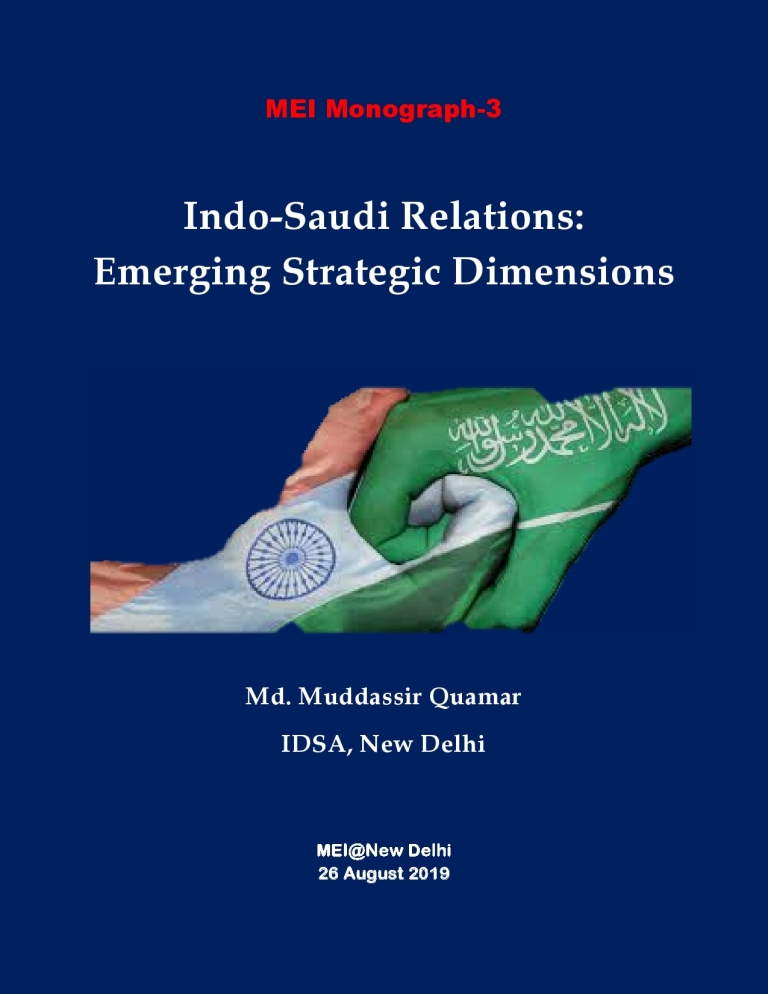Breaking
- MENU
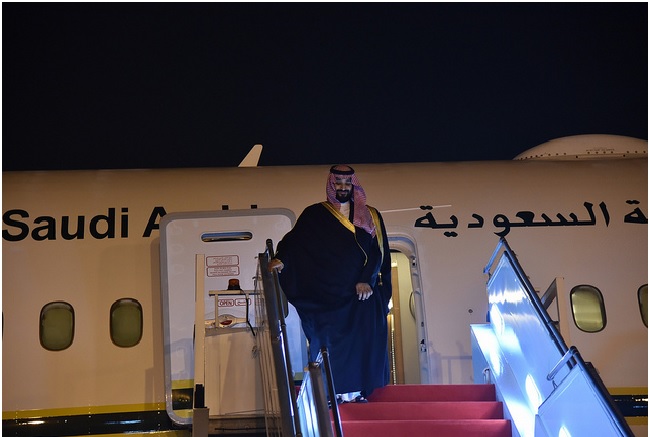
The visit of Saudi Minister of State for Foreign Affairs Adel al-Jubeir to New Delhi; close on the heels of the visit of Crown Prince Mohammed bin Salman is significant given the current state of bilateral relations between India and Saudi Arabia. According to India’s Ministry of External Affairs, the Saudi Minister was on an official visit to follow up on important matters that were discussed during the visit of Crown Prince Bin Salman to New Delhi last month.
Al- Jubeir called on Prime Minister Narendra Modi and held a meeting with External Affairs Minister Sushma Swaraj. Interestingly, the visiting minister had a short “pull-aside” meeting with Mrs. Swaraj recently in Abu Dhabi where India had participated in the plenary session of the Council of Foreign Minister’s conference of the Organisation of Islamic Cooperation (OIC). India was invited to attend the conference as the “guest of honour” country.
The increased frequency of engagements between Indian and Saudi leaders is symbolic of the urgency the two countries attach to realise the potentials in bilateral relations. India and Saudi Arabia share strong economic ties with annual trade touching US$ 27.5 billion in 2017-18. Both sides desire to take this forward and tap the opportunities to enhance bilateral trade and investments. Saudi Arabia is among the top five trading partners of India and has in the past five years emerged as one of the leading foreign investors in the Indian market. During the recent of visit Crown Prince Bin Salman, Riyadh also indicated that Saudi Arabia intends to bring more investments in India and in the next few years invest up to US$ 100 billion in various sectors of Indian economy. The possibility of initial Saudi investment in National Investment and Infrastructure Fund (NIIF) of India was also discussed.
Saudi Arabia has emerged as a leading partner for India in its fight against terrorism. One of the masterminds of the November 2008 Mumbai attacks, Fasih Mohammad who had fled to Saudi Arabia and was living in the country on a Pakistani passport was extradited to India by Riyadh upon New Delhi’s request and DNA verification. Several others found to be involved in terror funding networks through ‘hawala’ channels have been identified and deported to India over the years. Intelligence sharing thus has emerged as a key area of cooperation between the two countries.
Saudi Arabia and India have developed close defence and security ties in recent years. They have agreed to begin joint military exercises between all three branches of the armed forces. Exchange of personnel for training and joint defence manufacturing are other areas where the two sides are looking to develop ties.
The heightened tensions between India and Pakistan in the wake of the Pulwama attack and strong Indian response and visit of al-Jubeir to Islamabad last week has raised speculations that Saudi Arabia has offered to mediate between India and Pakistan. New Delhi, however, has been clear in its stand that the state of Jammu & Kashmir is an integral part of India and the Kashmir issue is an internal matter. India maintains that dialogue with Pakistan cannot be resumed until Islamabad stops funding, supporting and harbouring terrorist groups. Further, it has stated that there is no question for any third-party mediation to resolve the Indo-Pak problem as all issues are bilateral.
India appreciates Saudi Arabia’s role as a regional and Islamic power and lauds its commitment to fight terrorism both inside its own territory and in larger regions of West and South Asia. India and Saudi Arabia have agreed on the need to “work together for irreversible, verifiable and credible steps against all terrorists without any discrimination.” While bilateral ties have flourished in the last five year, the commitment to jointly fight terror in South Asia adds a new trajectory in Indo-Saudi relations.
Note: This article was originally published in AIR World Service on 12 March 2019 and has been reproduced with the permission of the author. Web link
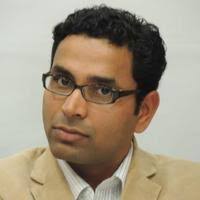
Md. Muddassir Quamar is an Associate Fellow in Manohar Parrikar Institute for Defence Studies and Analyses, New Delhi. He holds a Ph.D. in Middle East studies from Jawaharlal Nehru University and his doctoral thesis focused on social dynamics in Saudi Arabia in the context of the tensions between two seemingly non-harmonious trends; Islamization and modernization. He has a broader interest in Gulf societies, political Islam, Middle East geopolitics and India’s relations with the Middle East. He has co-authored two books India’s Saudi Policy: Bridge to the Gulf (Palgrave Macmillan, 2019) and Persian Gulf 2019: India’s Relations with the Region (Palgrave Macmillan, 2020). He is currently working on a manuscript on education reforms in Saudi Arabia. He has co-edited four anthologies, including Changing Security Paradigm in West Asia: Regional and International Responses (Knowledge World, 2020), Political Violence in MENA (Knowledge World, 2020), Islamic Movements in the Middle East: Ideologies, Practices and Political Participation (Knowledge World, 2019) and Contemporary Persian Gulf: Essays in Honour of Gulshan Dietl, Girijesh Pant and Prakash C. Jain (Knowledge World, 2015). His research papers have appeared in leading international journals such as Asian Affairs, Strategic Analysis, India Quarterly, Contemporary Arab Affairs, Digest of Middle East Studies, Journal of Arabian Studies and Journal of South Asian and Middle Eastern Studies. As part of his project in MP-IDSA, Dr. Quamar authored a monograph on Erdogan’s Turkey: Politics, Populism and Democratisation Dilemmas. Since 2018, he has served as the Book Review Editor for Strategic Analysis, the flagship journal of MP-IDSA published in association with Taylor & Francis. In May 2020, he edited an MEI Monograph Middle East Fights Covid-19: A Fact Sheet with contributions from students pursuing Masters in IR in JNU. He regularly contributes Op-Ed articles on developments in the Persian Gulf, Middle East and India’s relations with the region for Indian and international forums. In 2014-15, he was a Visiting Fellow at the King Faisal Center for Research and Islamic Studies, Riyadh. Dr. Quamar has been associated with the Middle East Institute, New Delhi, in various capacities since its foundation and serves as Associate Editor of its flagship journal, the Contemporary Review of the Middle East published by Sage, India.
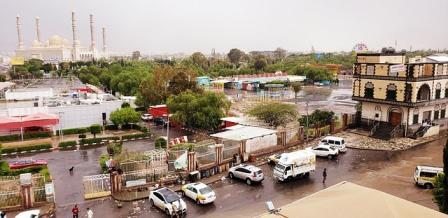
On January 17, 2022, the United Arab Emirates (UAE) was rocked by two attacks after drone attacks ta.....
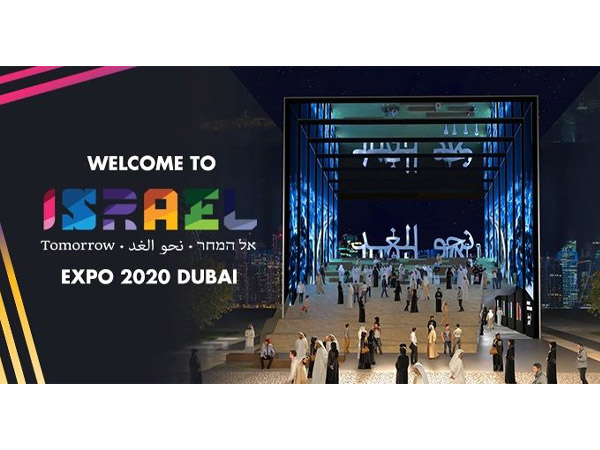
Within a span of just over a year since the announcement of the Abraham Accords, between Israel and .....
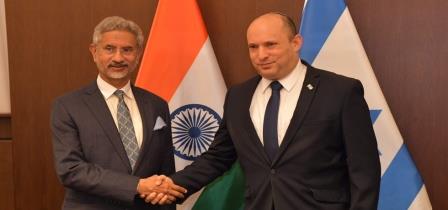
External Affairs Minister S. Jaishankar’s visit to Israel signifies the burgeoning Indo-Israel.....
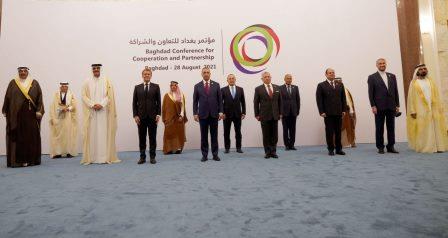
On 28 August 2021, Iraq hosted the first “Baghdad Conference for Cooperation and Partnership&r.....
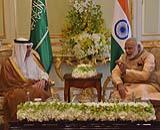
Recent developments in Afghanistan–the US military withdrawal and return of Taliban– has.....
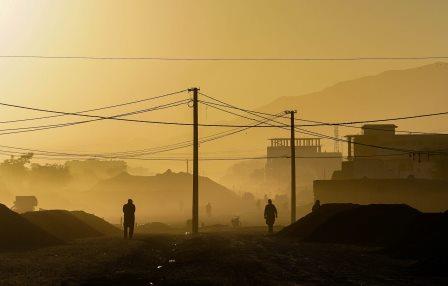
The Taliban takeover of Afghanistan has wider ramifications for the world. Among the key questions t.....
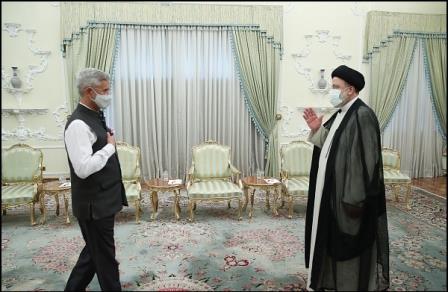
External Affairs Minister S. Jaishankar attended the swearing-in ceremony of the new Iranian preside.....
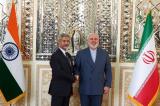
The revitalisation of ties with Iran will remain confined to the immediate issue of shared interests.....
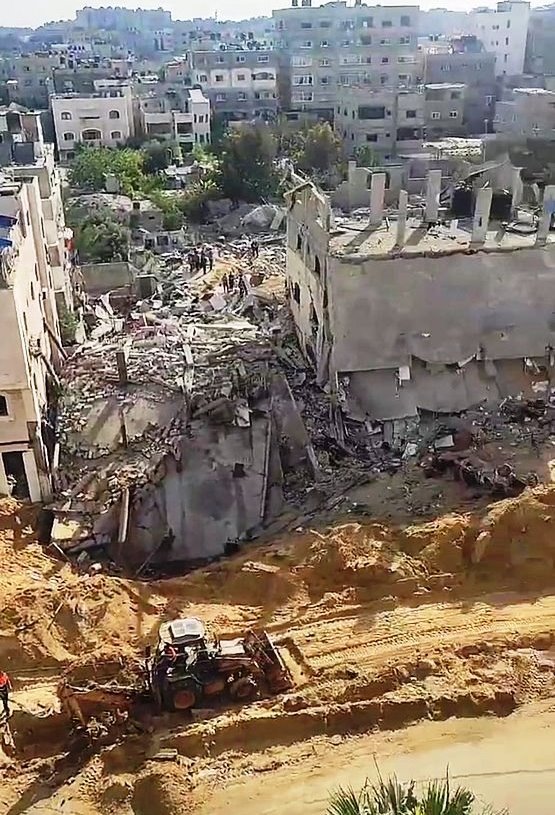
Israel and Hamas have engaged in fighting each other since 2006 when Hamas emerged victorious in the.....
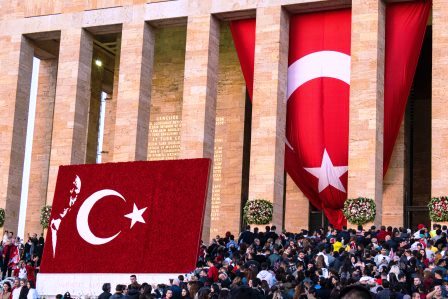
Tensions have gripped the Eastern Mediterranean (East Med) for the past few months owning to differe.....
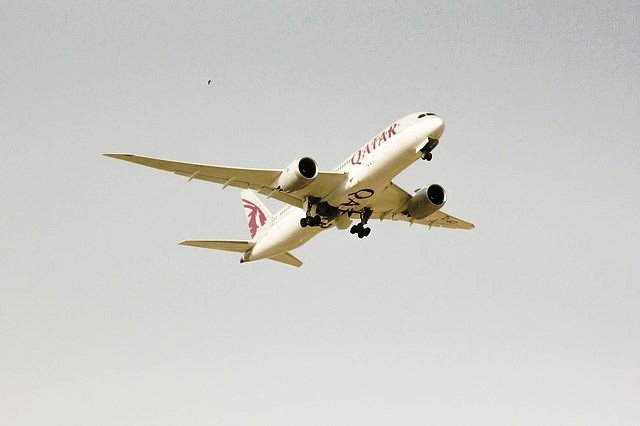
Qatar is an important country in the Gulf with which India has traditionally had strong bilateral ti.....
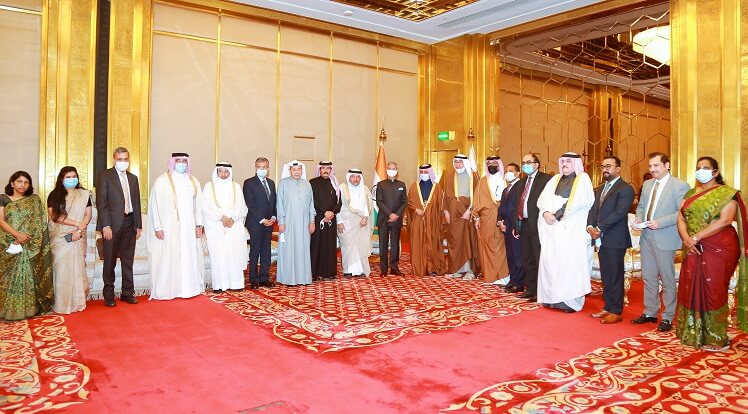
International geopolitical developments and the growing chances of friction between the global power.....
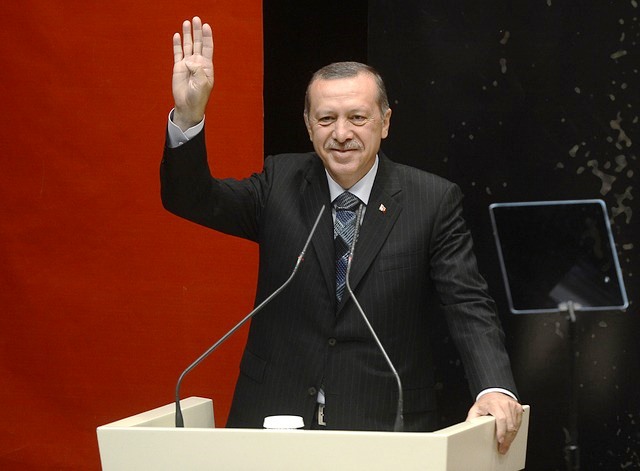
In recent years, Turkey’s foreign policy has attracted scrutiny because of its aggressive post.....
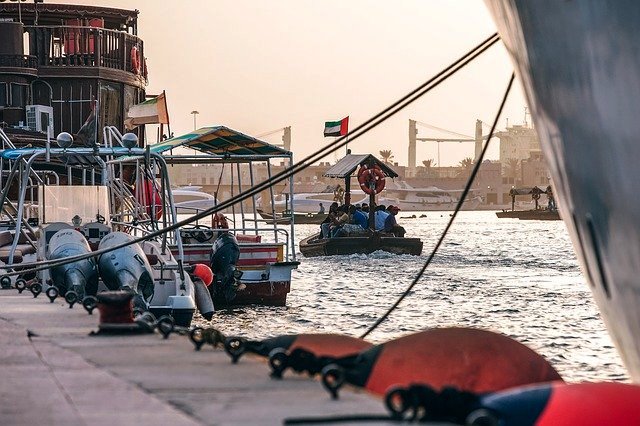
India and the United Arab Emirates share a vision for peace and prosperity. Under the leadership of .....
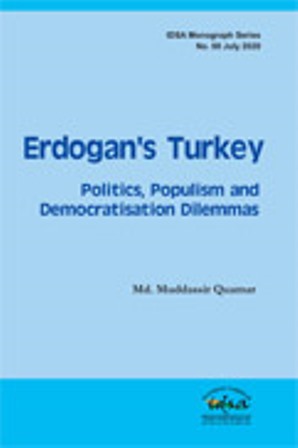
The coming to power of the AKP is one of the defining moments in the history of modern Turkey. Here .....

Though the news of China and Iran entering into US$400 billion agreement and Iran going ahead with C.....
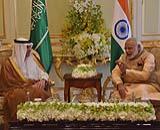
India’s relationship with the Gulf has witnessed a qualitative transformation since the August.....
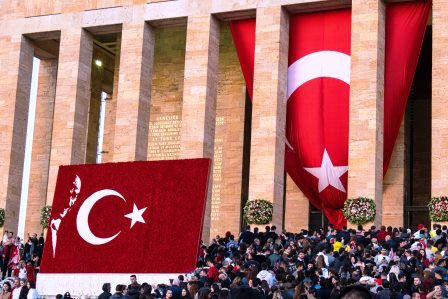
The results of country-wide municipal elections in Turkey held on 31 March 2019 threw a few surprise.....
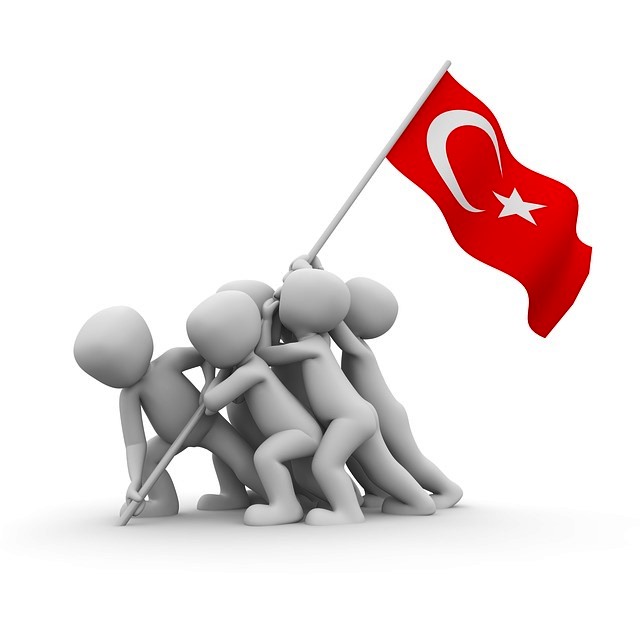
Like other parts of the world, West Asia (or the Middle East) too is hit hard by the spread of COVID.....
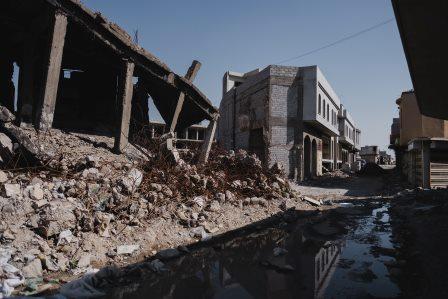
Iraq is suffering from internal divisions and external interventions for long. The problems of the p.....
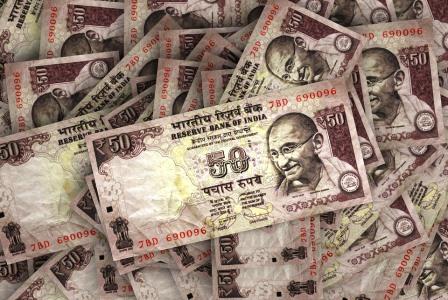
The West Asia is one of the most volatile and conflict-ridden regions in the world today. Given the .....
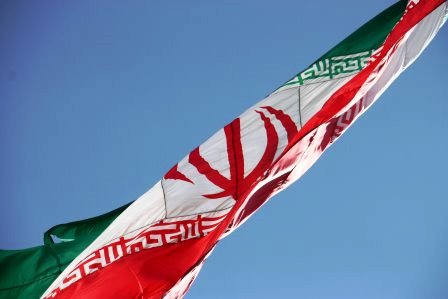
In the Persian Gulf, the New Year began with a bang. On January 3, the world woke up to the news of .....
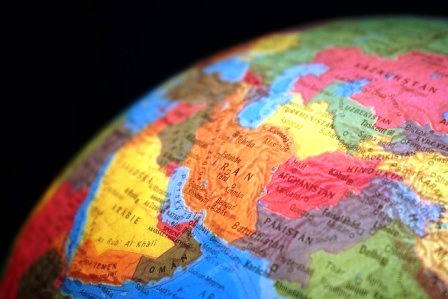
Major General Qassem Soleimani, commander of the elite Quds Force of the Iranian Revolutionary Guard.....
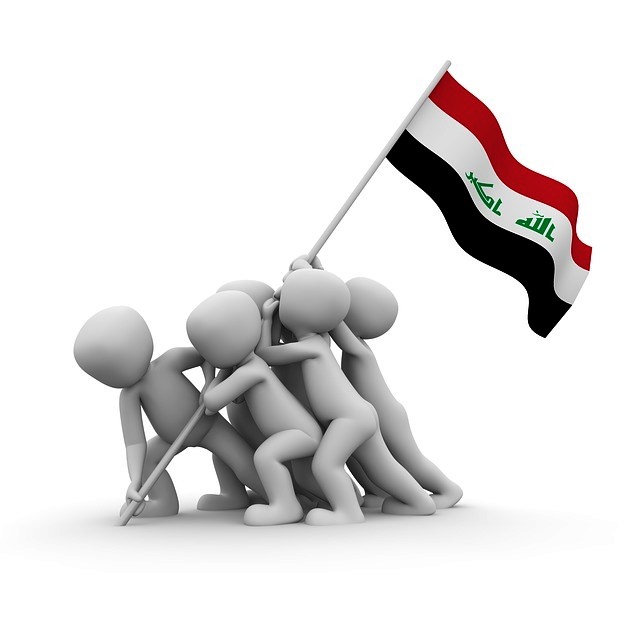
For over two months, youth in Iraq are protesting against corruption, unemployment and Iranian and A.....
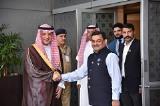
The historic relations between India and the Gulf countries have undergone a qualitative transformat.....
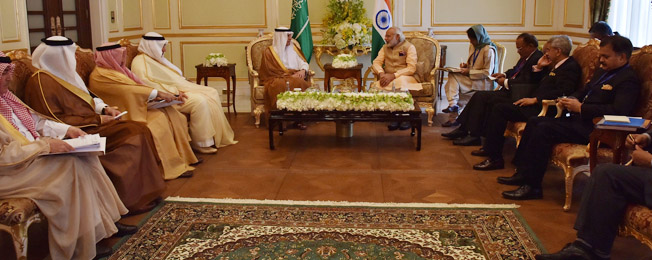
India and Saudi Arabia enjoy traditional friendly ties. Both are strategic partners and are working .....
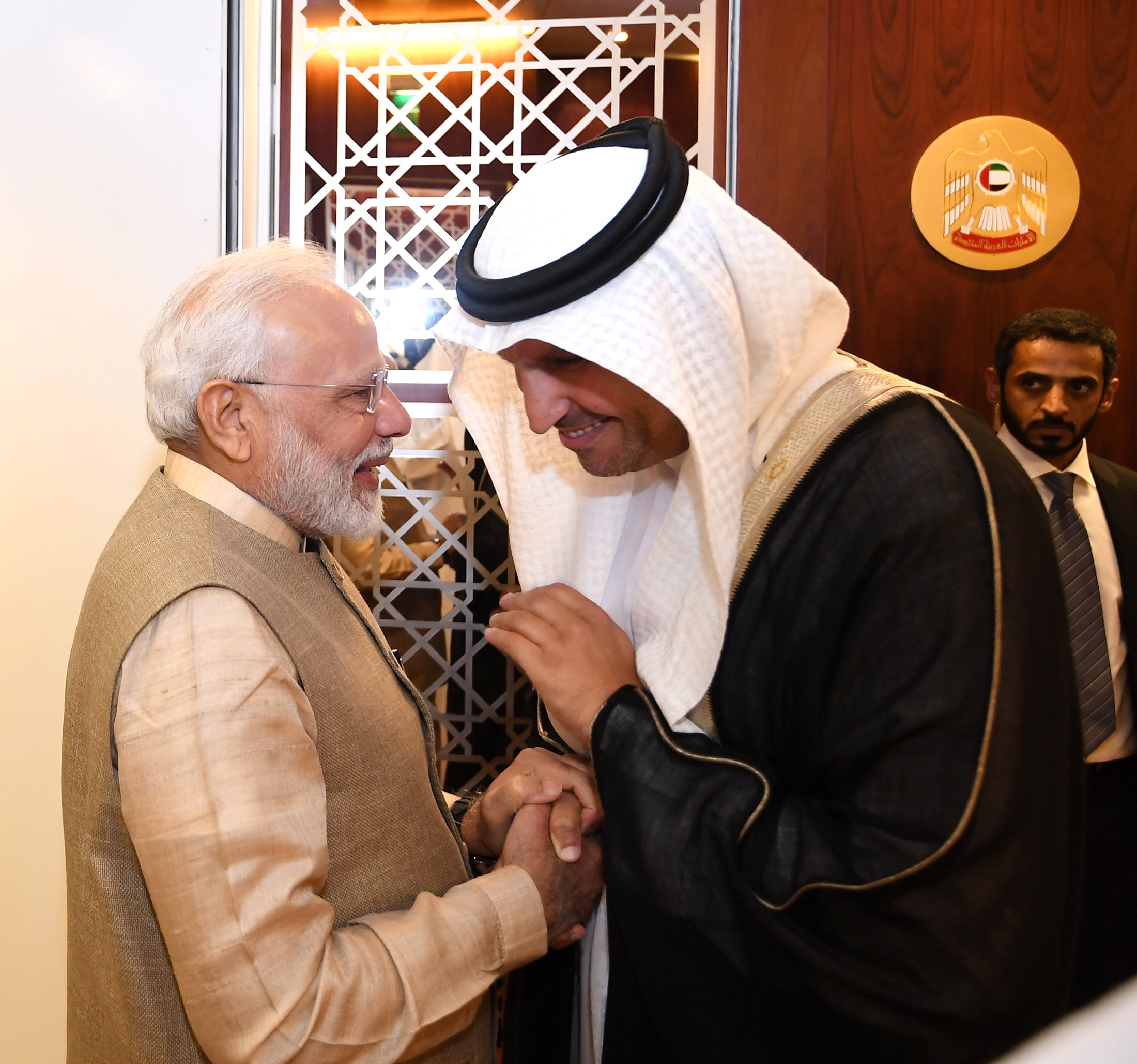
Prime Minister Narendra Modi undertook a visit to the UAE and Bahrain over the weekend. This was his.....
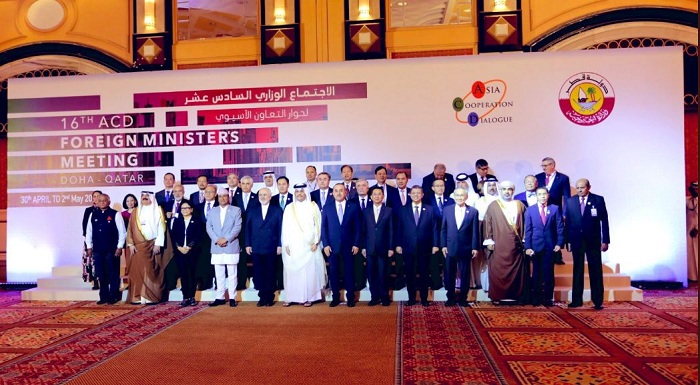
The 16th Ministerial meeting of the Asia Cooperation Dialogue (ACD) took place in Doha this week. Th.....
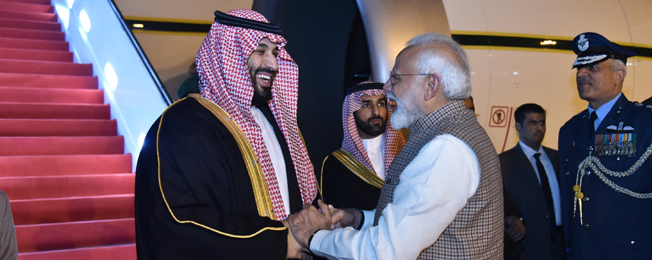
India’s relationship with the Gulf has witnessed a qualitative transformation since the A.....
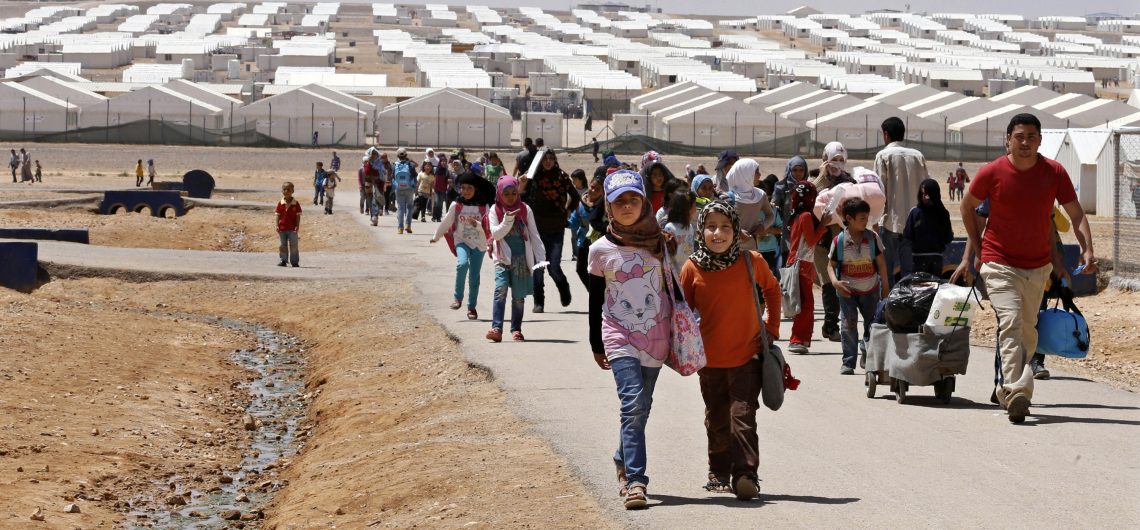
On March 24, 2019, the US-backed Syrian Democratic Forces (SDF) announced the capture of Baghouz, a .....
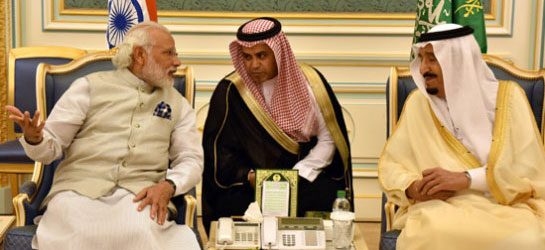
India and Saudi Arabia have increased defence and security cooperation in the fields of combating te.....
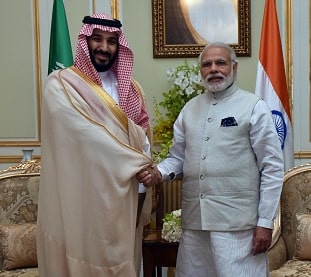
Economic and social reforms have emerged as the focus area in Saudi Arabia under the leadership of K.....
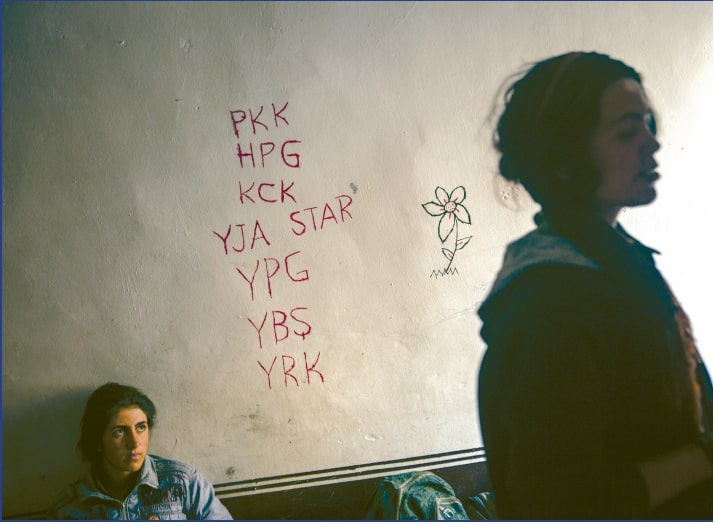
The US and Turkey are back on collision course over the Kurdish question in northern Syria. The late.....
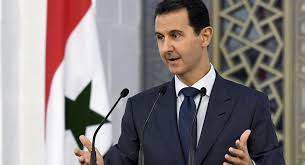
The Civil War in Syria has ravaged the country, took the life of nearly 500,000 people and has force.....

